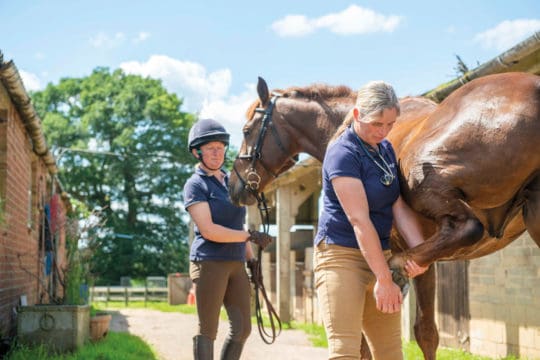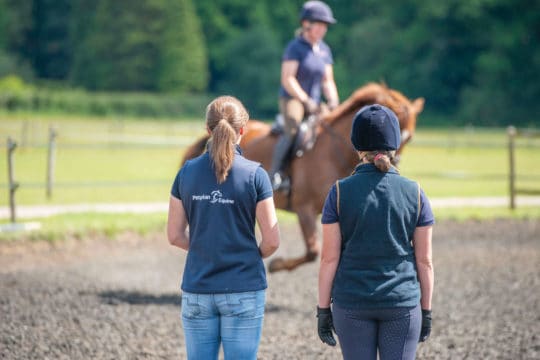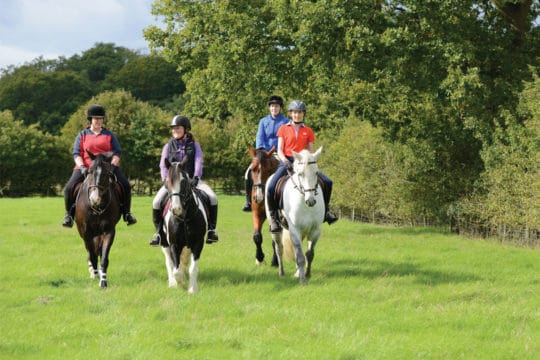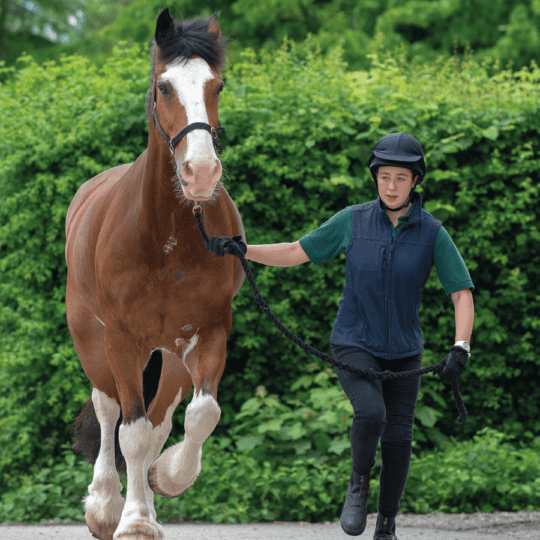If you’d like to own a racehorse out of training but don’t know much about the sport, learning some of the key terminology can put you ahead of the curve
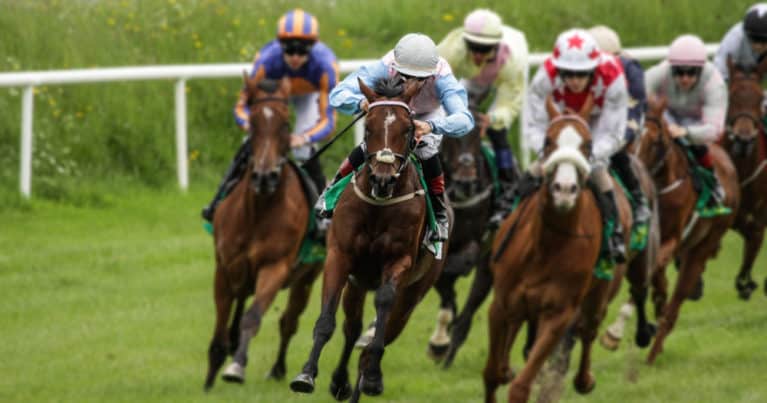
With a variety of competitive classes now available for ex-racehorses and many of these horses proving their worth across all disciplines, it’s no wonder they’re becoming a more popular choice for horse owners. The trouble is, even if you’ve had horses all your life, racing terminology can sound like a whole new language and deciphering an ex-racer’s ‘CV’ can become a challenge in itself.
Here are some of the words and phrases you may see written against a racehorse’s name, which will help you decide whether your potential new horse’s past will make him a suitable future prospect for you.
Bumper
National Hunt flat race (no jumps), which is run over distances ranging from 1.5–2.5 miles, most commonly used as an introduction to racing for young horses.
Chaser
A horse who has run over National Hunt/steeplechase fences.
Flat racing
Horses are raced on a track with no hurdles or jumps to negotiate; they run over distances starting from five furlongs (0.6 miles) to a maximum of just over two miles/six furlongs (2.7 miles). Horses may run on turf or all-weather surfaces.
Hurdler
A horse who has run over hurdle obstacles – a form of National Hunt/jump racing.
In training
A horse who is under the care of a racehorse or point to point trainer (as opposed to being out at grass etc).
Jump or National Hunt racing
The collective term for any type of racing that runs over obstacles ‘Under Rules’.
Off the track
Generally refers to a horse who has been purchased or gifted straight out of training, rather than going to another yard to start being retrained.
Plates or racing plates
Aluminium shoes which are extremely lightweight. Racehorses are generally shod in plates for a race.
Point to point
Jump racing run over steeplechase fences for amateur riders.
ROR
Retraining of Racehorses, a national charity which governs most affiliated retrained racehorse classes and schemes. It also promotes the versatility of racehorses and protects horse welfare by funding expert care prior to rehoming for any retired racehorse considered to be vulnerable.
Under rules
Any flat or National Hunt race in the UK, which is governed and regulated by the British Horseracing Authority (BHA).
Wind op
This can mean one of multiple procedures, all of which aim to improve the horse’s ability to breathe. Wind ops are common in racehorses and often these are cauterisation of the soft palate, or a tie-back operation to counteract left laryngeal paralysis (LLP).




